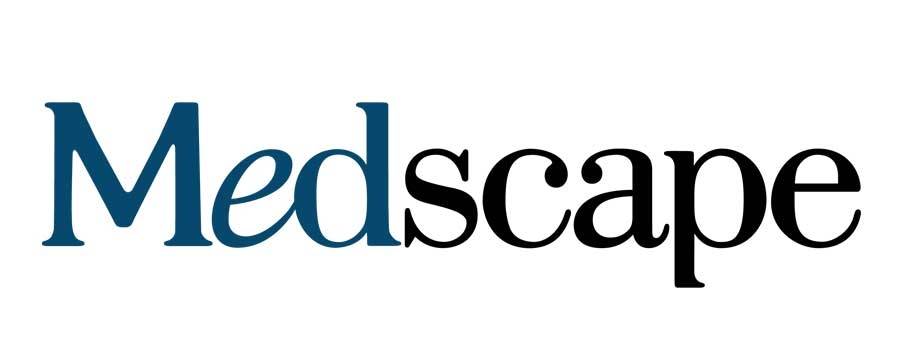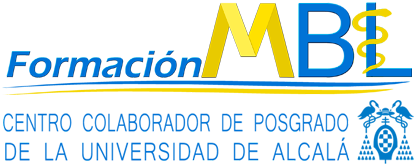
Women with breast cancer who undergo autologous fat grafting following post-mastectomy breast reconstruction want a breast that looks and feels more natural and say it makes life better psychologically, emotionally, and sexually, according to researchers.
Results from the ongoing Mastectomy Reconstruction Outcomes Consortium (MROC) study now show that fat grafting is effective and safe and that it does not increase risk for breast cancer recurrence or intervene with breast cancer screening.
Importantly, it also boosts patient-reported outcomes (PROs), Jeffrey H. Kozlow, MD, from the University of Michigan Health System in Ann Arbor, and colleagues say in an article published online June 28 in JAMA Surgery.
One year after breast reconstruction, women with breast contour irregularities and volume deficits reported significantly lower breast satisfaction (adjusted mean difference [AMD], −4.74; P = .008), psychosocial well-being (AMD, −3.87; P = .03), and sexual well-being (AMD, −5.59; P = .008) than a control group of women who were satisfied with their initial result.
One year after revision with fat grafting, however, the PROs scores were similar for the two cohorts, with women who underwent fat grafting reporting a similar degree of breast satisfaction (AMD, −0.68; P = .72), psychosocial well-being (AMD, −0.59; P = .73), and sexual well-being (AMD, −2.94; P = .15) as control participants.
«These findings constitute what we believe to be the first evidence from a large, multicenter, prospective outcome study demonstrating the effectiveness of autologous fat grafting for breast reconstruction,» Dr Kozlow and colleagues write.
«We know that not every breast reconstruction is perfect, but by using fat grafting to address contour irregularities, we can improve upon those results and make our breast cancer patients feel better about their reconstruction,» Dr Kozlow said in an email.
Fat grafting made such an improvement for women in this study that they «essentially ‘caught up’ with those patients who were happy with their initial result,» he noted.
Importantly, this study provides evidence to support autologous fat grafting in breast reconstruction following 2014 draft regulations that would give the US Food and Drug Administration (FDA) oversight for the harvesting, storing, and use of human cells, tissues, or cellular or tissue-based products, including autologous fat grafting, the researchers comment. Results are still pending from a public hearing held in September 2016 to discuss the impact of FDA regulation on autologous fat grafting in reconstructive surgery. The study authors point out that «well-designed research assessing the efficacy of fat grafting is essential not only for high-quality patient care, but also to meet growing regulatory concerns over these procedures.»
Multiple previous studies have demonstrated that fat grafting does not interfere with breast imaging and cancer screening, and recent studies have failed to find an association between breast cancer recurrence and fat grafting, the authors note. Newer grafting techniques have addressed previous concerns about reabsorption and fat necrosis.
«By providing multicenter, prospective data confirming the benefits of autologous fat grafting as a useful adjunct in breast reconstruction, we hope that this study will contribute to the ongoing discussion with payers and regulators over the safety and effectiveness of these procedures,» the study authors say. «Our findings should bolster breast reconstruction and that this option should remain available to reconstructive surgeons and to the patients they serve.»
It is our job as plastic surgeons to fight for what is best for our breast reconstruction patients. Dr Jeffrey Kozlow
Plastic surgeons are supportive of the FDA’s efforts to make sure that only safe and effective procedures are offered to patients, Dr Kozlow told Medscape Medical News. However, he added, «It is our job as plastic surgeons to fight for what is best for our breast reconstruction patients. We believe our study helps support the effectiveness of autologous fat grafting to a reconstructed breast mound and the value of this safe procedure to our breast reconstruction patients.»
Details of the Study Results
For their analysis, the researchers followed 2048 patients who were recruited between February 1, 2012, and July 31, 2016, from 51 plastic surgeons at 11 centers in the United States and Canada that are participating in the MROC study. Launched in 2011, the study is comparing the long-term outcomes of common breast reconstruction techniques in women undergoing first-time breast reconstruction following mastectomy for cancer treatment or prophylaxis.
Participants underwent different breast reconstructions — implant and autologous, delayed and immediate, and unilateral and bilateral. The mean age of the participants was 49 years.
A total of 165 patients (8.1%) underwent fat grafting between years 1 and 2; 1883 patients (91.9%) were satisfied with their initial reconstruction result and did not undergo fat grafting.
Fuente: Medscape



